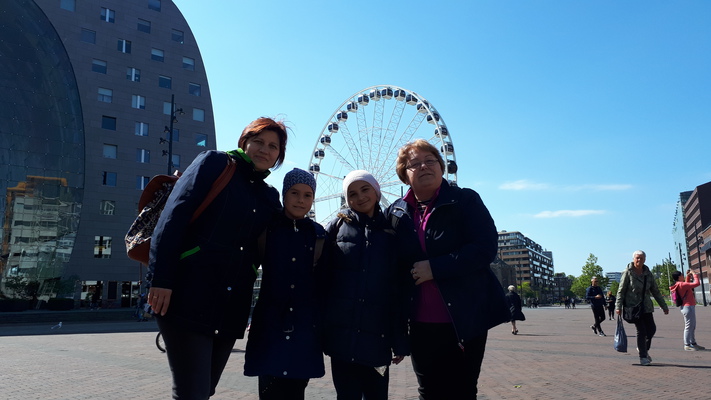Learning Activities, The Netherlands, 19th – 24th of May 2019
Host country: The Netherlands, Basisschool De Rank, Vianen
Participants:
United Kingdom – Holy Family Primary and Nursery School, Derry,
Lituania – Rokiskio mokukla – darzelis ,,Azuoliukas”, Rokiskis,
Germania – Fanny-Hesel-Schule, Leipzig, Grecia – 1 st Experimental Primary School of Rhodes,
Italia – Instituto Comprensivo Figline Valdarno, Figline E Incisa Valdarno,
Sweden – Johannebergsskolan, Gotheburg.
Visit objectives:
- Increasing student motivation for personal development
- Exchange of best practices Encouraging students to think more about real world issues through integrated learning approaches - STEAM This type of project helps students to ask questions, solve problems, think creatively, and be innovative.
- Developing digital skills
- Comparing education systems
Basisschool de Rank din Vianen School
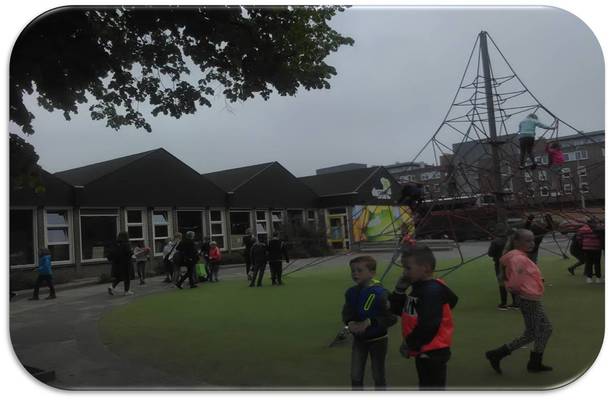
Activities Day 1, 19th of May 2019 - welcome activities. Dutch hospitality; our students were hosted in the families of Dutch children
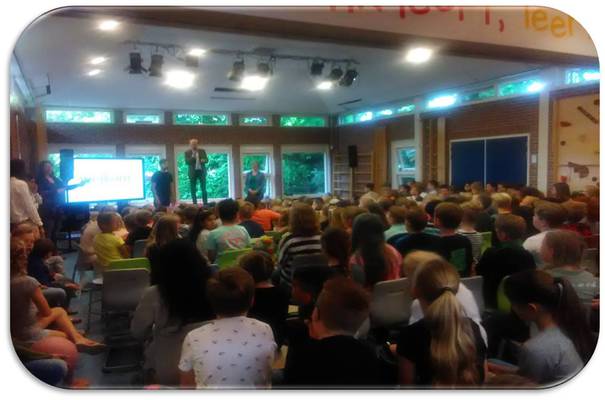
Day 2, 20th of May 2019 - Students ready for a trip to Hoek van Holland to visit the Public Water Center where more information on water management and technical details of the Maeslantkering barrier can be found
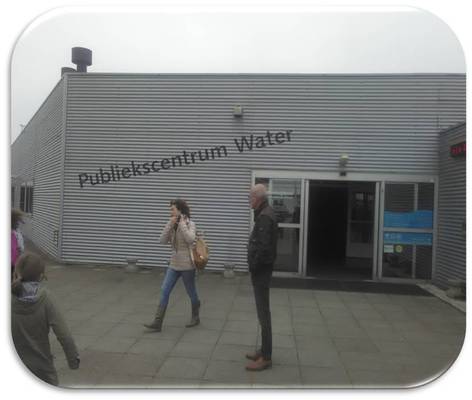
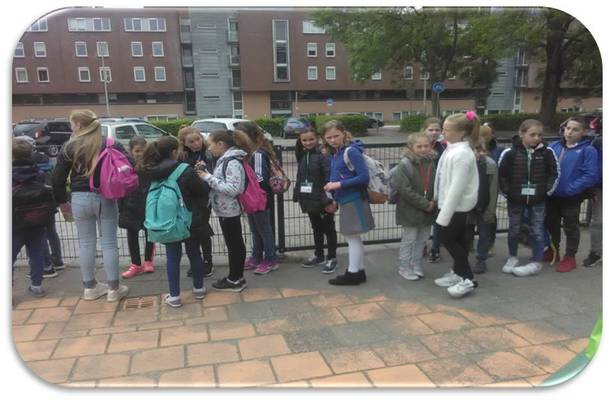
Students and teachers have learned that Maeslantkering is the largest flood barrier in the world with a size similar to that of the Eiffel Tower.
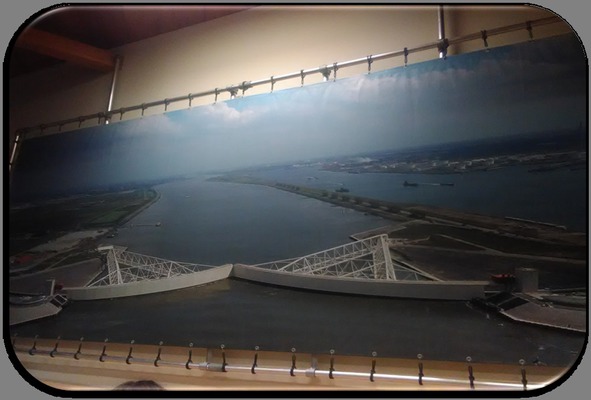
Our students tested this barrier in a miniature surge of the storm that had to be located on the waterways (Nieuwe Maas - Scheur - Nieuwe Waterweg) connecting Rotterdam to the North Sea.
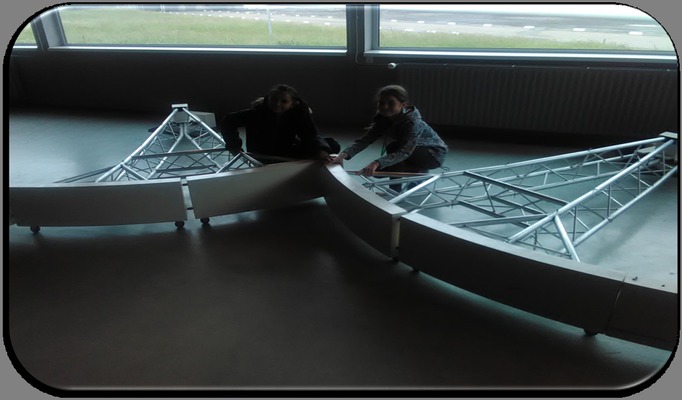
There is a film in which the operation of Maeslantkering is explained in an easy to understand way. With the help of the guide, students come out of the area where they can see and feel how special Maeslantkering is. The acquired knowledge is tested here in various fun, educational and interactive ways.
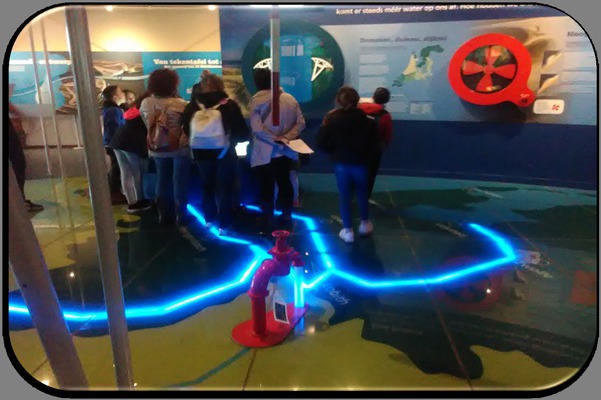
Opening and recreation on the North Sea
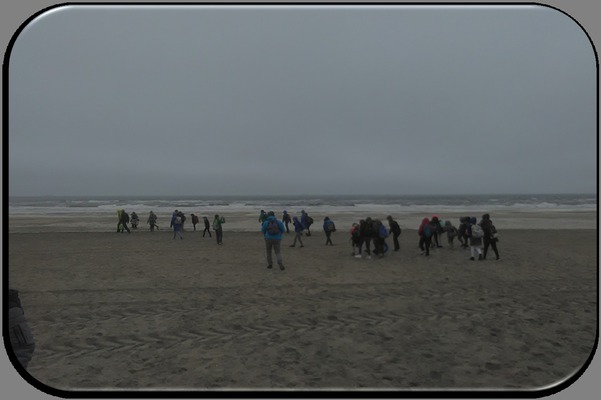
Day III, May 21st, 2019 Interactive activities in school where children are mixed according to their abilities to keep the media in the classroom.
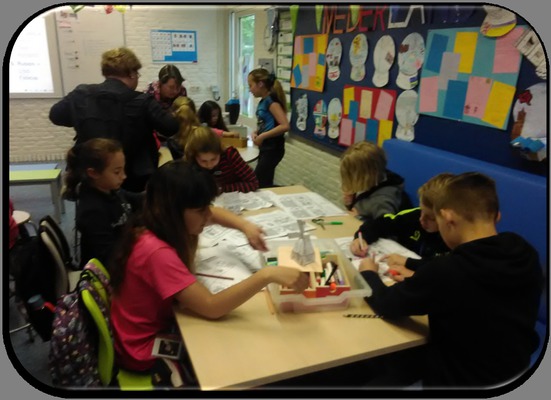
During the activities, the emphasis will be on the implementation of computer and analytical skills.
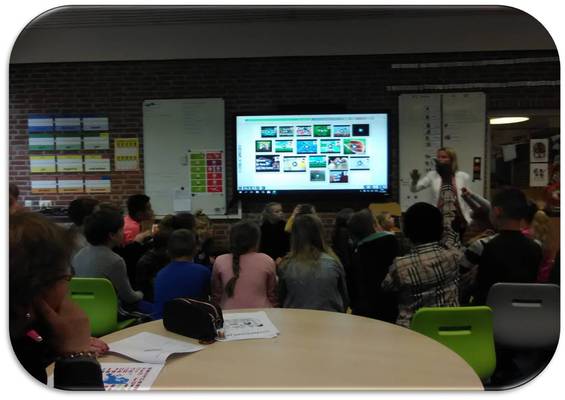
The work environment is dynamically collaborative, flexible, and students adapt comfortably to new skills and roles.
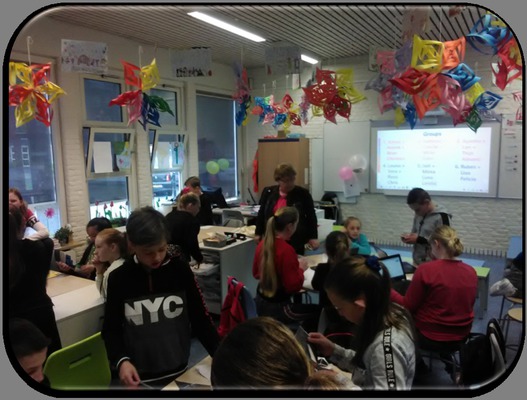
The Fluent Foundation for Protestant Christian Education in the Utrecht region (Houten, Nieuwegein, Vianen and IJsselstein), whose president, Mr. Matthijs Wesseloo, talked about the administration of the schools in these municipalities and about the Dutch education system. Compulsory education in the Netherlands starts at the age of five (sometimes from four). From five to twelve, children attend the elementary school, which has eight grades. From the age of sixteen, there is a partly compulsory education, which means that a student has to attend a form of education at least two days a week. Compulsory education ends at 18 years.
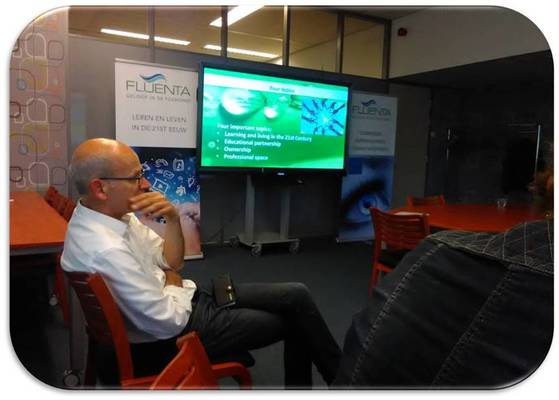
The school of the future was presented to help us develop the skills required by tomorrow's work environment, noting that today's teachers need to adapt their own capabilities and approaches in the next decade.
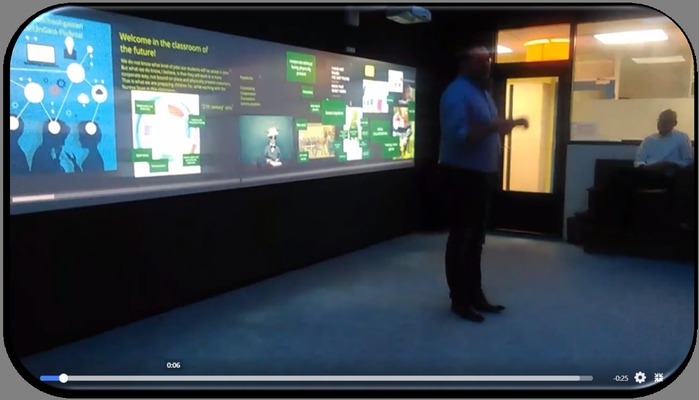
Day 4, 22nd of May2019, Visited at the Nemo Science Museum in Amsterdam
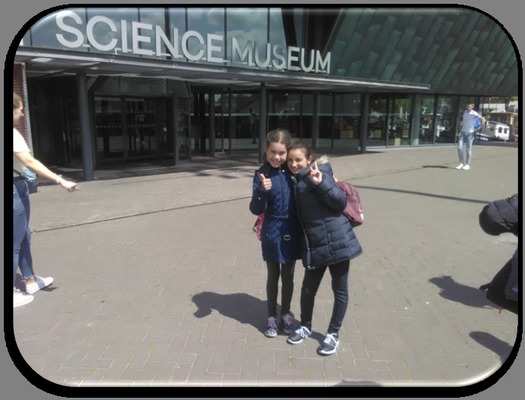
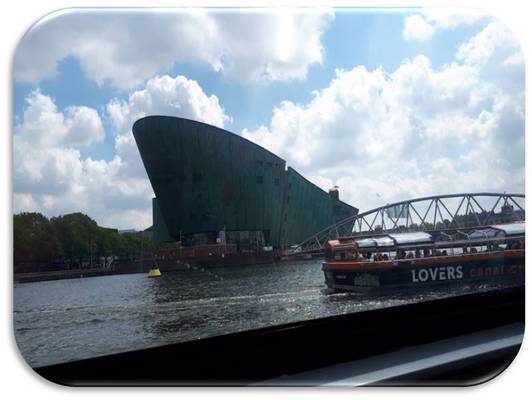
Here the students have discovered various phenomena, projects, installations, circuits laboratories, electricity, gravity, magnetism, construction. Alexia and Raluca have created a dam along a river and thus learned how to manage water.
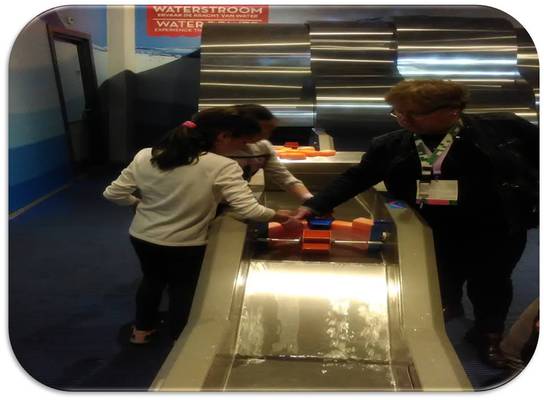
The electric arc
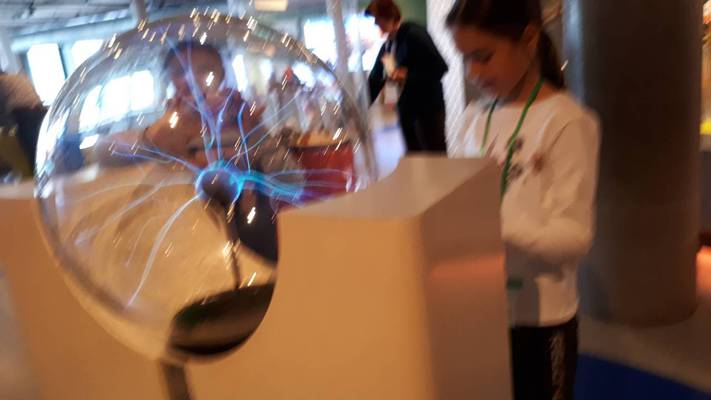
In the museum's laboratory, they learned through an experiment what happens by mixing substances
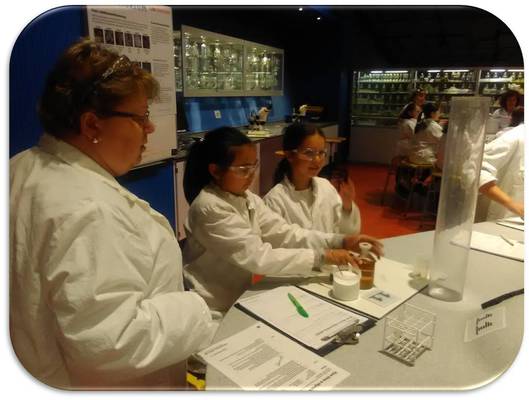
The basic words were experiment and interactivity, educational experience through visual and multimedia elements.
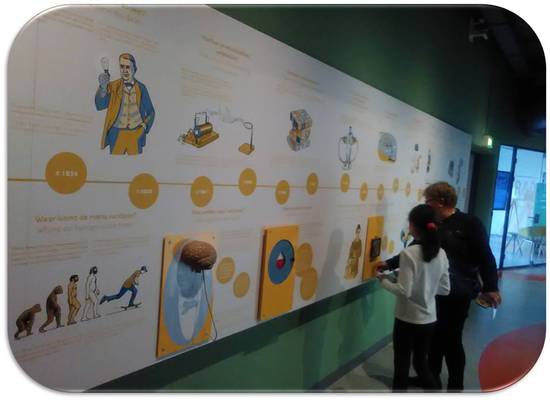
Loading containers on a ship
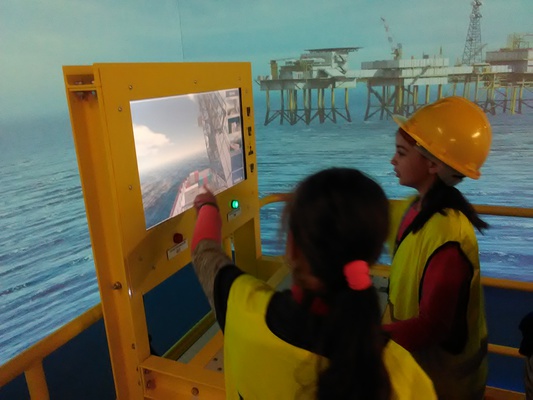
Experimenting how to land a helicopter
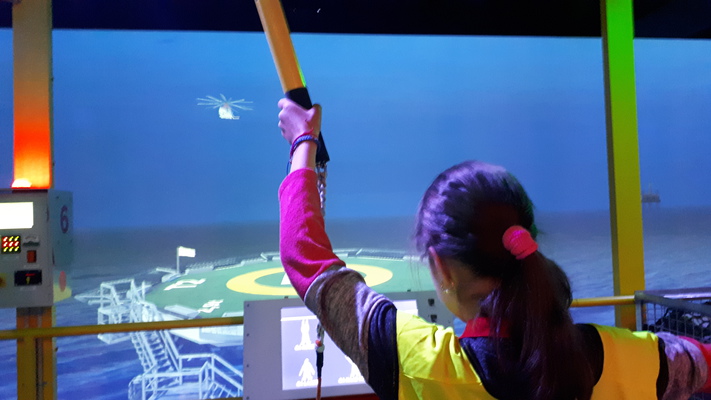
Listening to information about the history of Dutch navigation
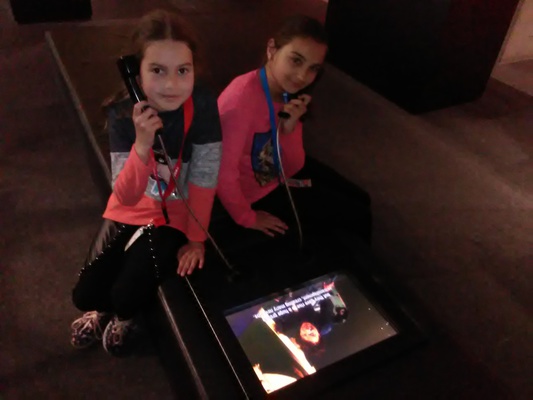
Going from one experiment to another, they also discovered the transmission of the sound
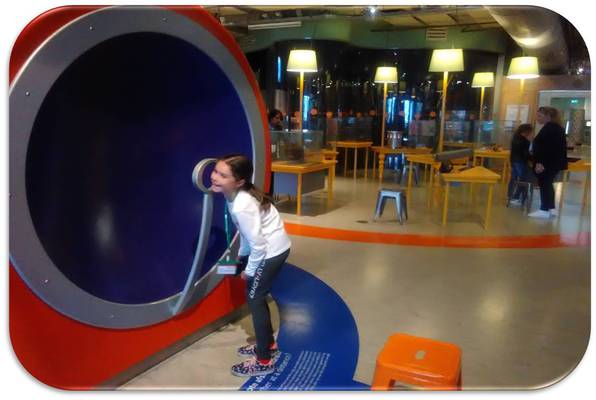
The tour of the Amstel navigable canal
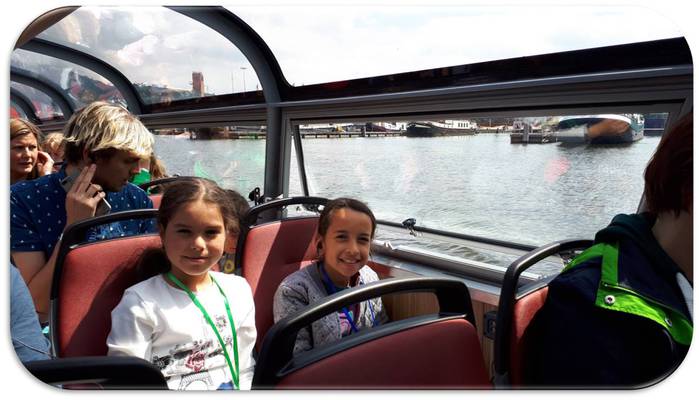
Family dinner at school with teachers, students, parents
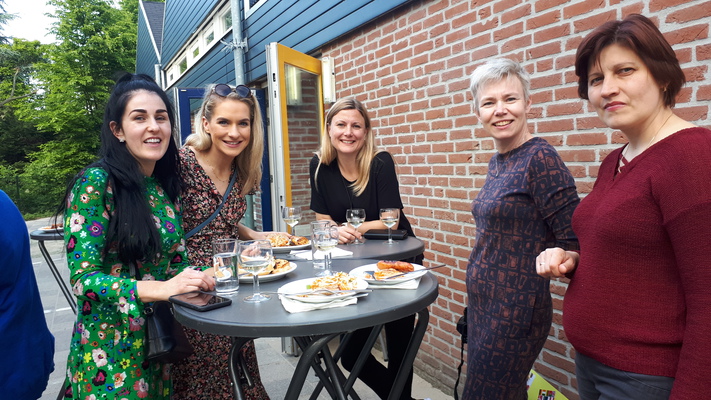
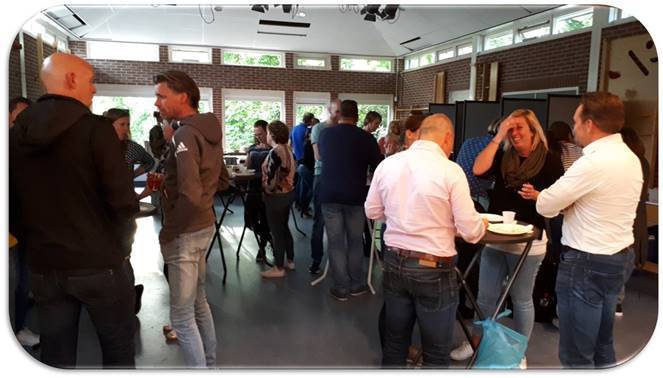
Day V-a-23rd of May 2019 - Presentation of Vianen
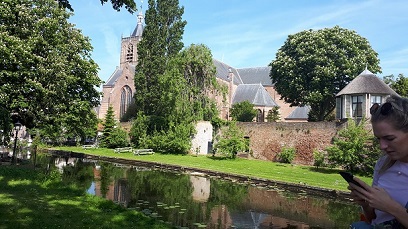
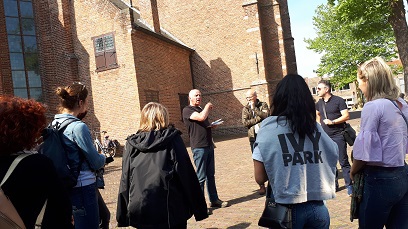
STEAM activities (science, technology, engineering, art and mathematics) in school
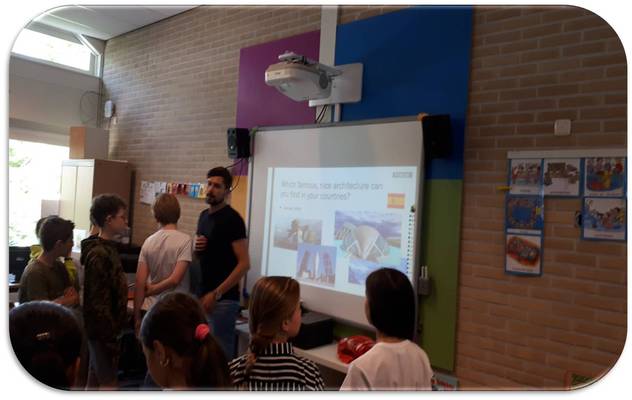
Through critical thinking and creativity, students build a bridge over an imaginary river.
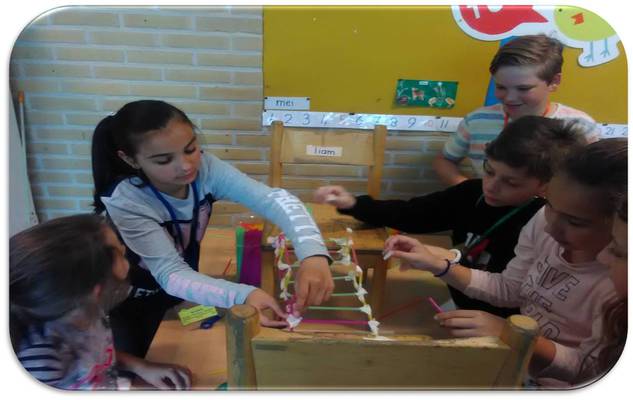
The interdisciplinary approach has helped to create innovations such as launching a boat with the help of a hot air balloon.
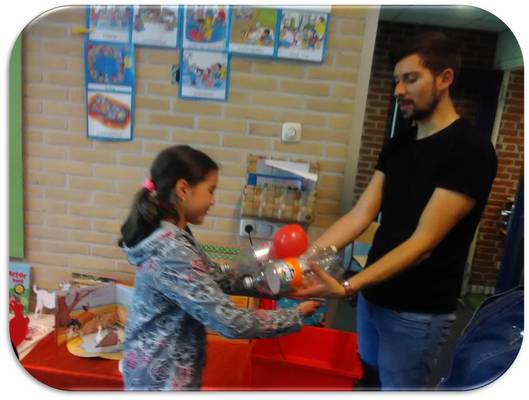
Through such STEAM activities, students have noticed and experienced remote sound transmission, plastic transformation with electric current, building construction, indoor electrical installations
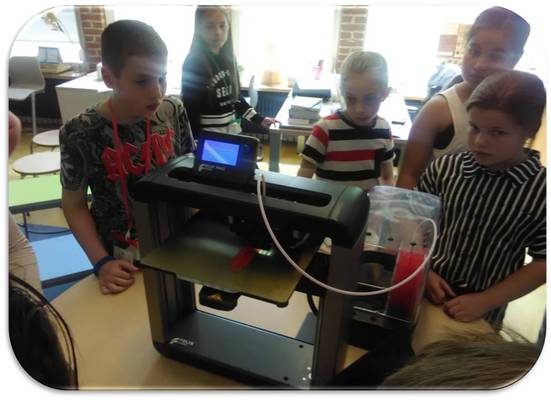
Day 6, 24th of May 2019, Visiting the Speelklok Museum in Utrecht, a unique musical museum, an interactive and audiovisual experience for students and teachers
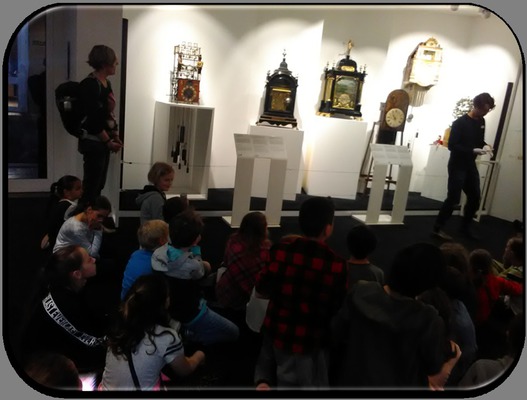
Students and teachers have had many opportunities to learn new things at different times and places.
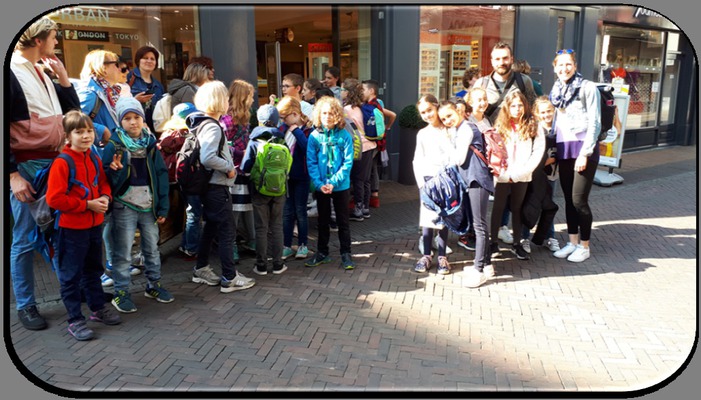
Dutch places
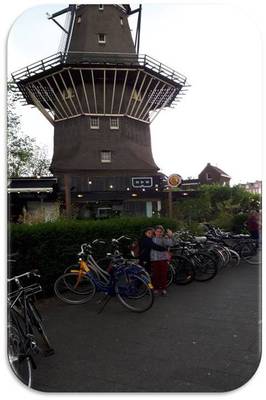
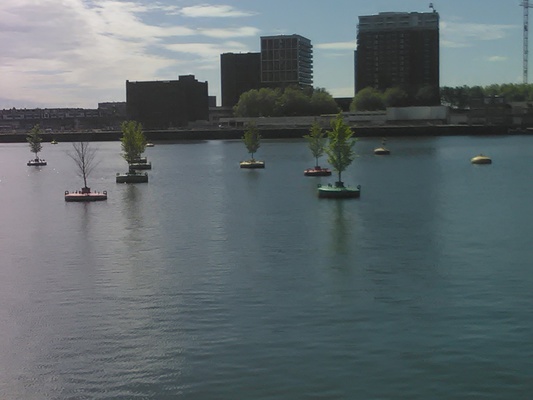
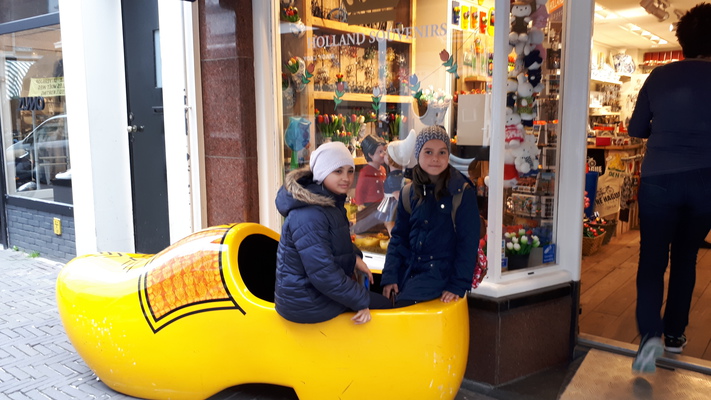
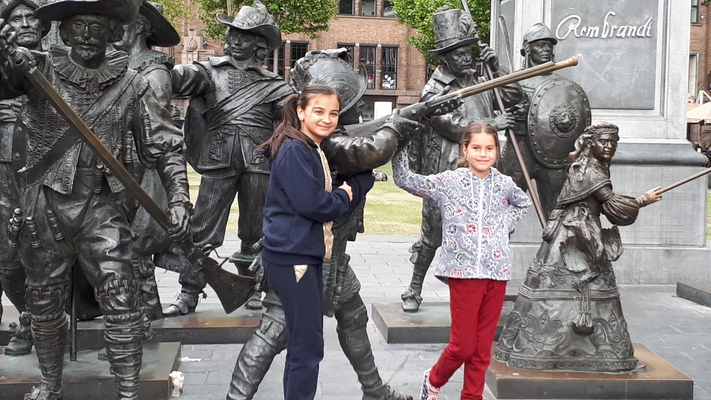
Impact on the school:
- Increased opportunities to share experiences
- Diversification and innovation of STEAM activities
European impact:
- colaboration, communication, efficiency among schools in Europe
- Training new STEAM methods (science, technology, engineering, art and mathematics
